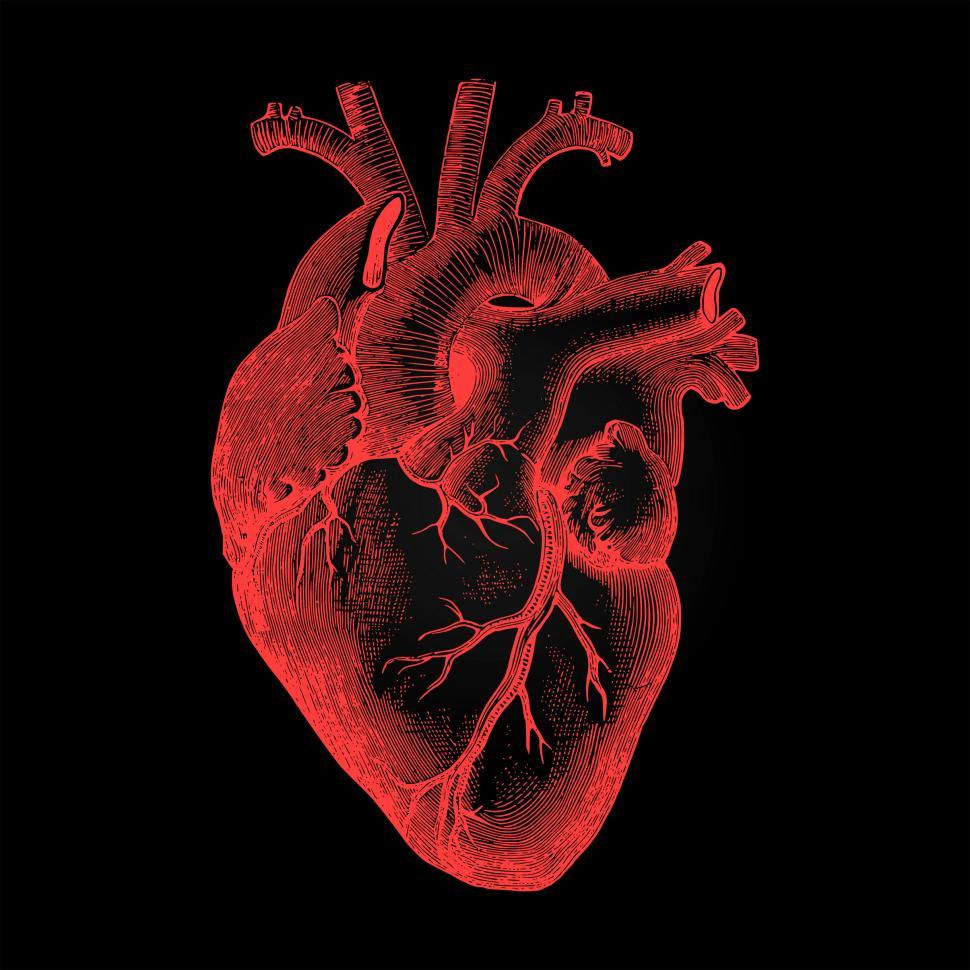Did it take a global pandemic to shine a spotlight on CNAs?
- oneweekcna
- Jul 17, 2020
- 2 min read

Most of what a Certified Nursing Assistant does happens outside the spotlight leaving CNAs overlooked and undervalued.
Certified Nursing Assistants play an important role in ensuring healthcare facilities run smoothly by bathing, feeding, and repositioning patients recovering from car accidents, strokes, and major surgeries. Some certified nursing assistants have begun caring for overflow COVID-19 patients and “rule-outs” — patients awaiting test results — from other parts of the hospital. With hospitalizations increasing rapidly around the country, nurse assistants are expected to be a vital part of building up the capacity of a strained health system. Health and Human Services Secretary Alex Azar recently urged governors to waive restrictions on licensing, scope of practice, and certification “so that healthcare workers can be deployed as needed.”
As hospitals gear up for a surge in COVID-19 cases, adding additional bed space however they can, it is sure to create a demand for nurses to move to more acute care settings and nursing assistants to take on greater responsibility in screening and caring for patients.
CNAs are also the long-term care facility front line workers brushing grandma’s hair, helping grandpa put on his pants, changing mom’s briefs, and offering words of comfort to families who can only visit through a window - all while trying to avoid catching or spreading COVID-19.
According to the Bureau of Labor Statistics (BLS), CNAs are often the principal caregivers in nursing homes and residential care facilities, having more direct contact with the residents than other staff members.
Lori Porter, CEO of the National Association of Health Care Assistants, the professional association for CNAs, is on a new committee that is looking to improve nursing homes.
“This country has to make CNAs a profession that is lifted up, recognized and respected on par with nurses and doctors,” she said. “When you’ve taken care of someone for weeks, months and years, that’s a relationship. And it’s a relationship that should be admired by everyone.”
CNAs are essential workers and they are desperately needed on the front lines.

Comments